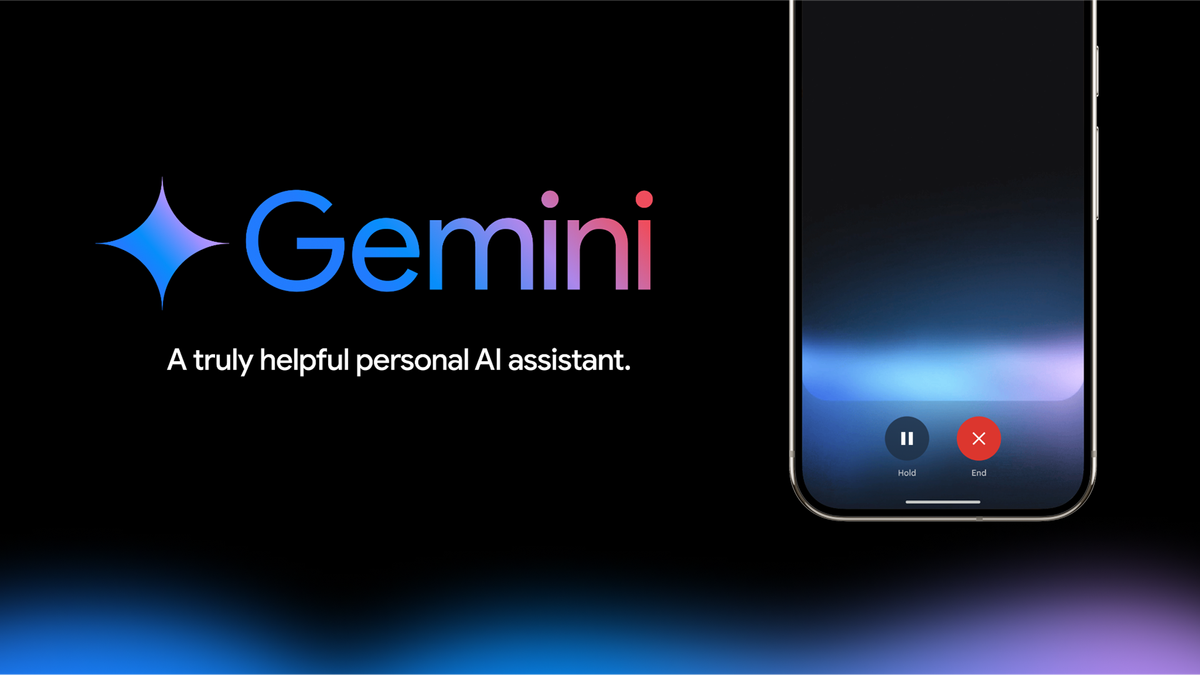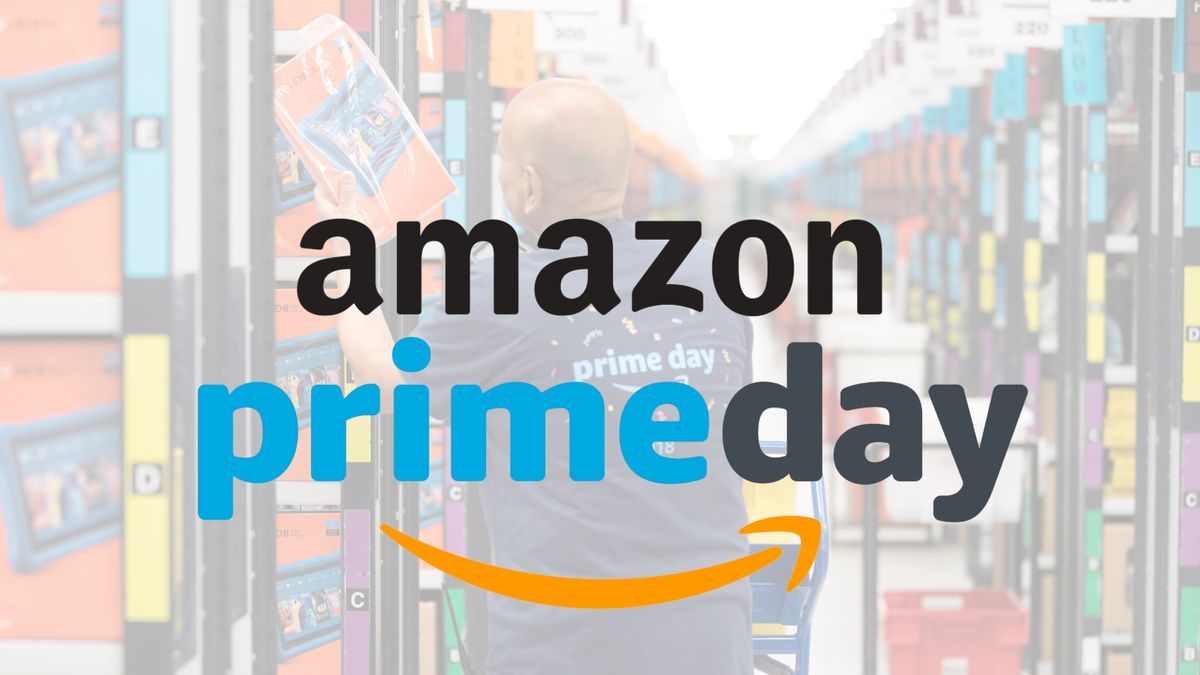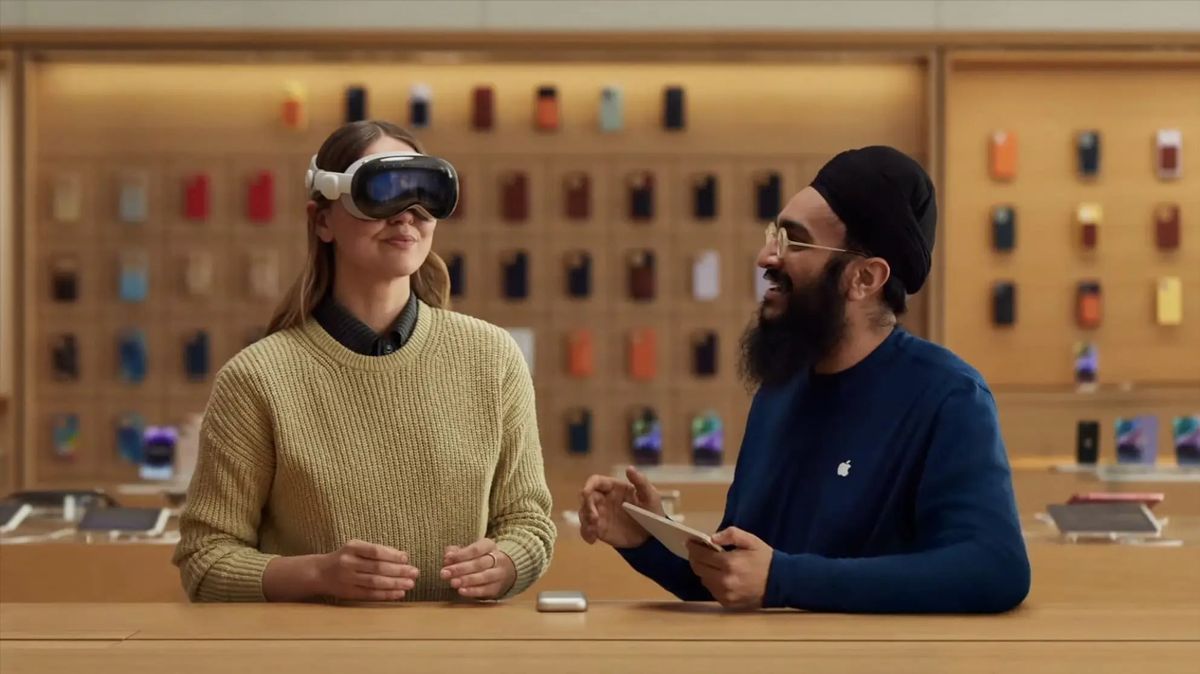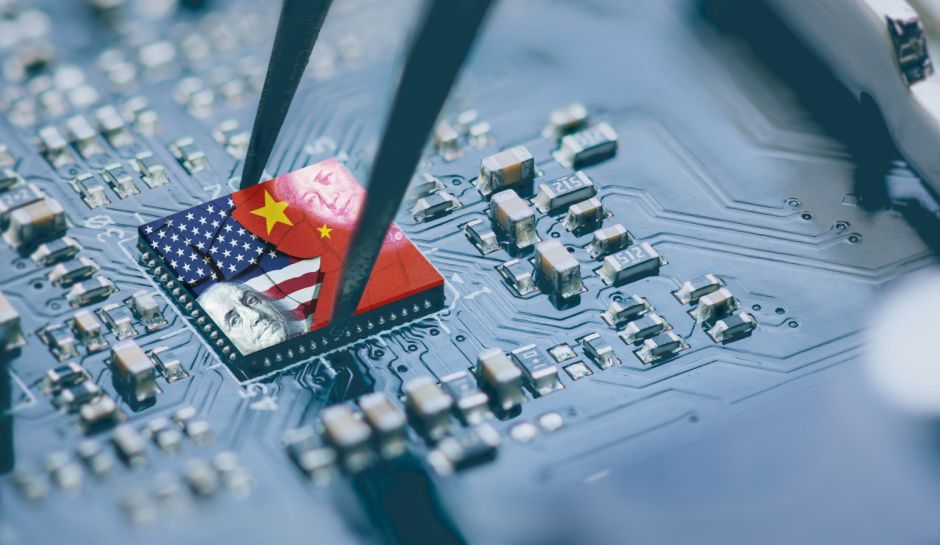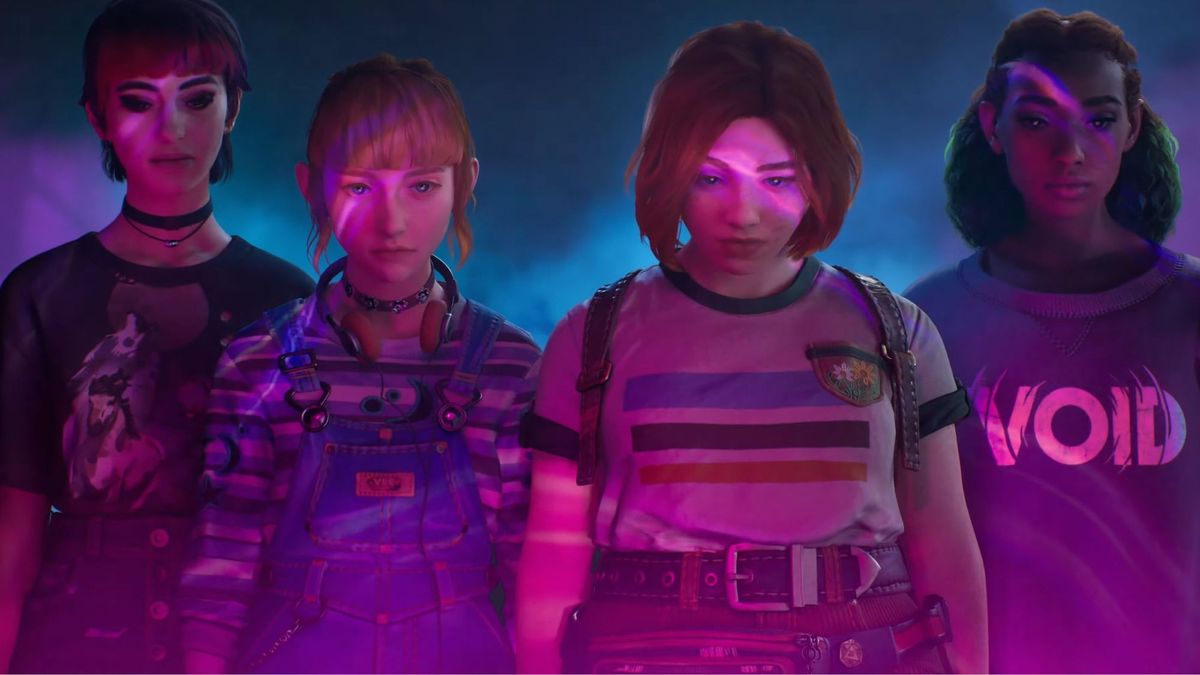Google CEO Sundar Pichai acknowledged at the company's year-end strategy meeting that the AI models powering Google Gemini are behind OpenAI and ChatGPT, but promised a real push in 2025 for Gemini to surpass to its rivals, as reported CNBC.
Pichai's directive seems more serious than the usual corporate hullabaloo; It's a statement that Google won't lose any more ground in a race it once led. Google's nearly bottomless coffers and massive infrastructure give it a good chance of reaching the top within 12 months, but only because the company is no longer resting on the laurels it has been polishing since the early 2000s.
“In history, you don't always have to be first, but you have to execute well and really be best in class as a product,” Pichai said at the meeting. “I think that's what 2025 is about.”
Pichai's rallying cry arguably highlights how much pressure the company is under. Gemini, touted as Google's great hope for artificial intelligence, has yet to live up to its hype. While ChatGPT has become synonymous with generative AI, Google's Gemini still feels like the badass understudy. Sure, Pichai claims that Gemini 1.5 surpasses GPT in technical capabilities, but let's be real: perception matters.
If the average user associates “AI” with ChatGPT instead of Google, the company's dominance is in jeopardy. Pichai's argument that “you don't always have to be first” is true, but Google's slow start is leaving it vulnerable to losing its reputation as a pioneer.
Meanwhile, Meta is pouring mountains of cash into AI, with the Meta AI assistant coming to its platforms and into new hardware like AI-enhanced Ray-Ban smart glasses and Orion headphones. Meta's investments in AI are impressive, but its expanding empire could actually limit how cohesive its strategy can be in relation to Google's plans with Gemini.
If Google had been slow to reach the finish line, Apple would still have been sleeping in bed when the starting gun was fired. Still, Tim Cook and company have made great strides to incorporate AI into their products. Apple has developed AI in-house and partnered with AI developers, including OpenAI, while maintaining Apple's distinctive user experience for Siri and other services. Apple's strategy may seem overly cautious, but it doesn't ignore AI. If Apple can incorporate generative AI into its tightly integrated ecosystem, it could redefine what AI means to consumers.
What's at stake here is more than bragging rights. The winner of the AI race can define the standards, tools and platforms for the next decade. Google's strategy of turning Gemini into a universal assistant could be the key to Google's success in the new year.
“I think 2025 will be critical,” Pichai said. “I think it's really important that we internalize the urgency of this moment and that as a company we need to move faster. There is a lot at stake. They are disruptive moments. In 2025, we must relentlessly focus on harnessing the benefits of this technology and solving real user problems.”

